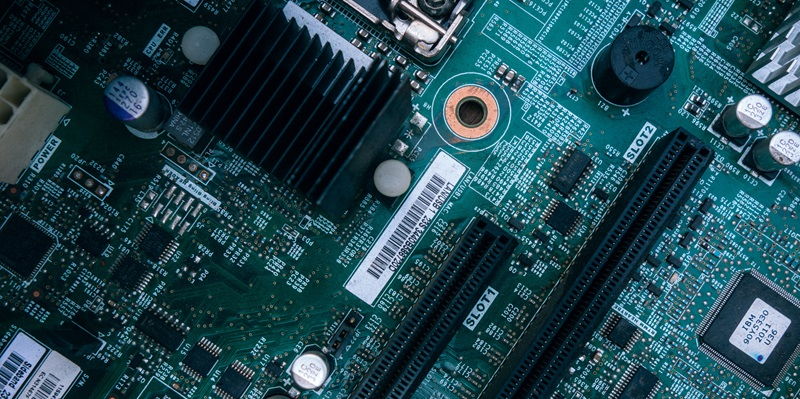Intel has made a significant stride in AI acceleration with the launch of the Gaudi 2 AI accelerators. Designed to tackle complex AI tasks, these accelerators particularly shine in processing Large Language Models (LLMs), marking Intel’s notable entry into a market dominated by NVIDIA’s A100 GPUs. Gaudi 2 stands out not only for its raw performance in AI computations but also for its potential in offering a more cost-effective solution for enterprises. The Gaudi 2 represents a competitive alternative that promises to reshape the landscape of AI hardware, challenging the status quo with a combination of efficiency, power, and a favorable total cost of ownership. As businesses seek more sustainable and economical options for their AI operations, Intel’s Gaudi 2 AI accelerators could be the technological pivot point that steers the industry toward a new era of high-performance, cost-effective AI solutions.
Gaudi 2 AI Accelerators: Bridging the Gap
Accelerating LLM Performance
Intel’s Gaudi 2 AI accelerators have emerged as a leading solution for powering large language models (LLMs), with a special focus on those containing billions of parameters. Custom features within these accelerators are designed to boost the performance of complex models, ensuring efficiency in tasks like text generation. A compelling validation of their capabilities comes from Hugging Face, a prominent AI community known for its open-source machine learning tools. Leveraging the Gaudi 2’s robust computational strength, Hugging Face successfully demonstrated the prowess of the Llama 2 models, which can handle up to 70 billion parameters. This benchmark underscores the Gaudi 2’s potential in handling some of the most demanding AI workloads in the industry, marking a significant advancement in the field of AI and machine learning.
Competitive Edge in Cost and Integration
The Gaudi 2 accelerator by Habana Labs, a subsidiary of Intel, distinguishes itself not only in performance but also in its cost-effectiveness and ease of integration. The dedicated Optimum Habana platform is designed to work cohesively with these accelerators, offering developers an effortless integration of advanced machine learning models, especially those relying on transformer and diffusion techniques. The suite enhances the user experience by including a tailor-made pipeline class, streamlining the process of text generation. This includes both the preparation of data and its subsequent refining steps. Intel, through these innovations, clearly demonstrates its intention to deliver robust AI acceleration tools while also prioritizing accessibility for users. This dual focus is aimed at empowering developers to leverage AI capabilities more efficiently in their work, emphasizing convenience alongside computational power.
Anticipating the Next Generation
The Promise of Gaudi 3 and Beyond
Intel’s research and development are paving the way for groundbreaking advancements in AI hardware. The highly anticipated 5nm Gaudi 3 chips from Intel are expected to surpass NVIDIA’s #00 GPUs, which would significantly strengthen Intel’s position in the market for AI acceleration tools. The company’s development trajectory indicates major performance improvements that could revolutionize artificial intelligence computing. Adding to the excitement within the tech community is the prospect of Intel’s Falcon Shores GPU architecture, slated for a 2025 release. This new architecture is projected to offer an unprecedented combination of versatility and energy efficiency, potentially reshaping the landscape of AI hardware. These innovations depict not just a step but a leap forward in AI capabilities, and the anticipation for Intel’s upcoming products is a testament to the transformative potential that these hardware advancements could unlock for AI solutions across different industries.
Expansion and Ecosystem Collaboration
Intel is making strategic moves in the AI sector, enhancing both enterprise solutions and consumer GPUs like the Arc A-Series with AI capabilities. By ensuring compatibility with frameworks such as PyTorch, the company is fostering a collaborative and accessible AI development ecosystem. The Llama 2 processor’s PyTorch support exemplifies this integrated approach.
The Gaudi 2 AI accelerators are central to Intel’s mission to democratize AI, pushing boundaries in ease of use and efficiency. This democratization aims to remove barriers to advanced AI for a wider range of developers. Through ongoing innovation, Intel’s objectives are to lead in performance, advance cost-effectiveness, and build a supportive environment for AI, particularly generative AI. Their approach is setting a course for the AI hardware industry that could significantly broaden AI adoption across various markets.

